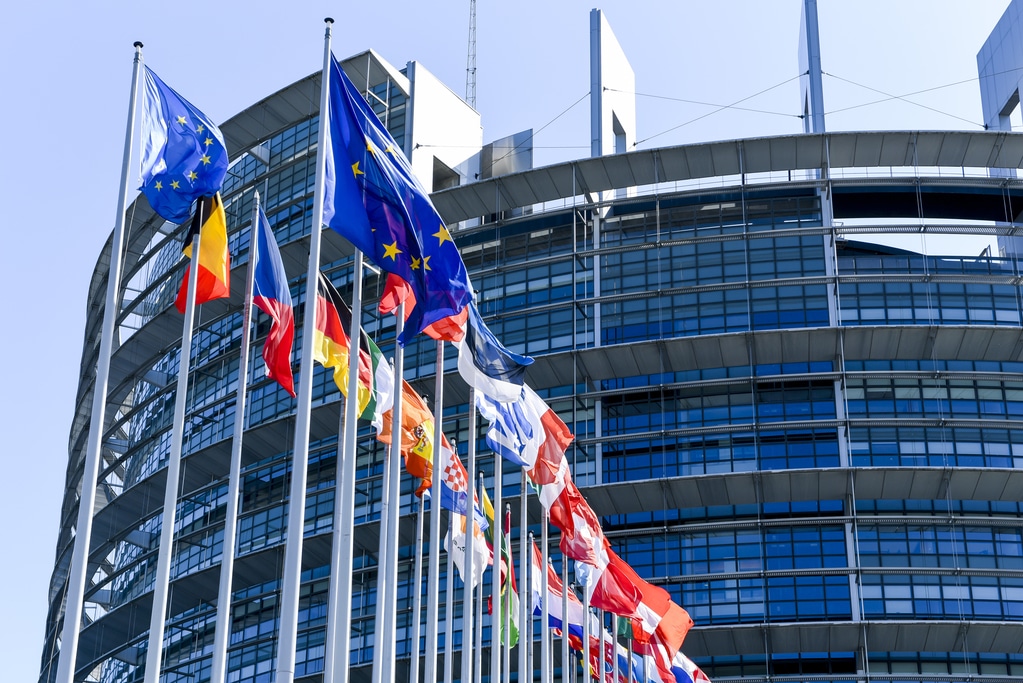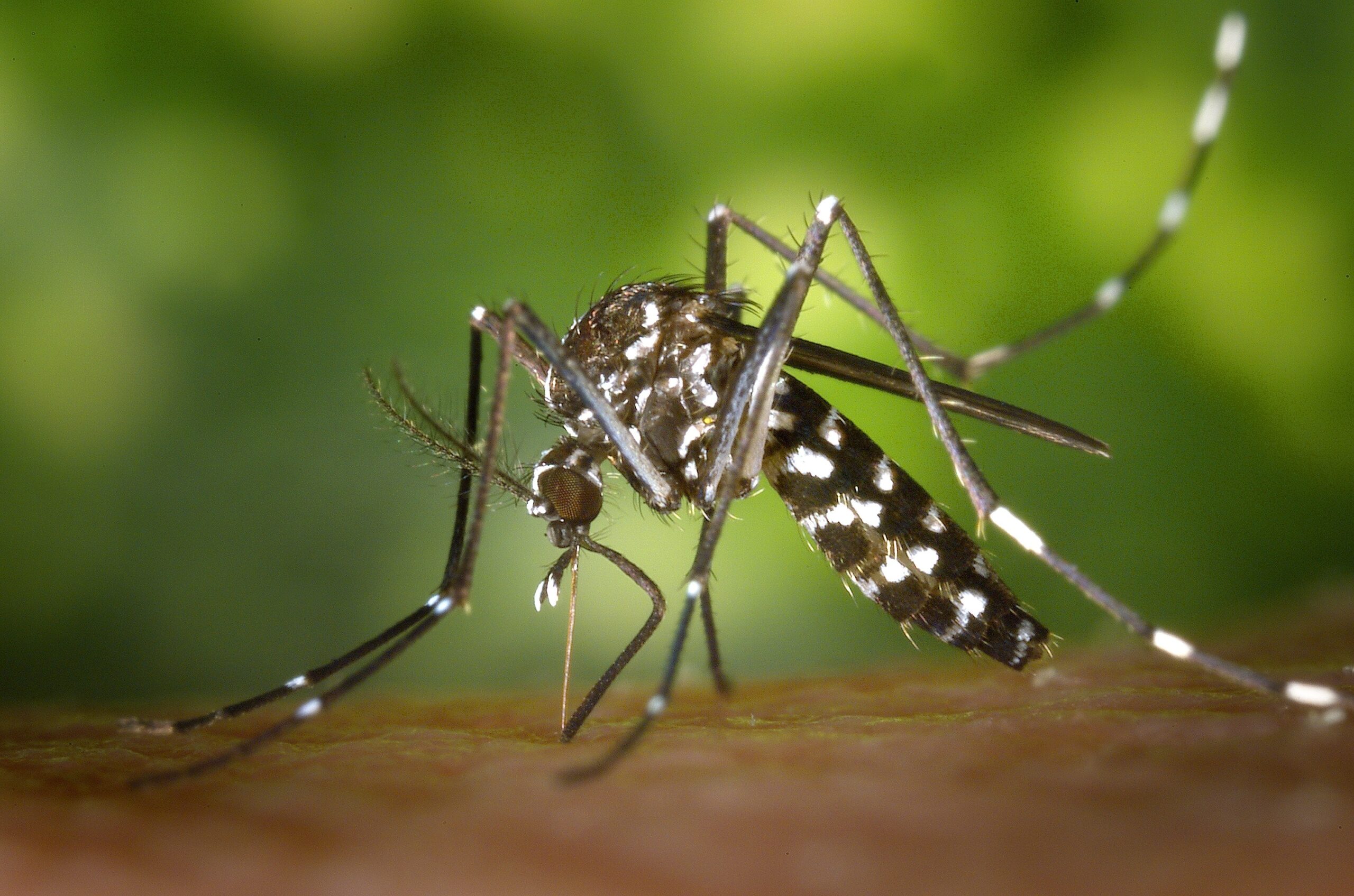“We’ve already seen over 560,000 people crossing into neighbouring countries…[and] nearly two million people displaced internally,” said Raouf Mazou, UNHCR’s Assistant High Commissioner for Operations, following a visit to Sudan.
Since conflict erupted there on 15 April when rival militaries clashed, more than half a million people have reached neighbouring countries in a bid to escape the fighting, with Egypt receiving the most refugees followed by Chad, South Sudan, Ethiopia, and the Central African Republic.
Reaching one million marker
Based on the continuing violence, the UN agency now expects that its previous estimate of one million refugees will be surpassed.
In response to the crisis, UNHCR and other UN agencies, humanitarian partners, and host communities have increased efforts to provide emergency shelter, clean water, health care services, psychosocial support, and other vital assistance to help displaced populations inside and outside Sudan.
Host communities unaffected by the conflict until now are also “seeing the consequences”, Mr. Mazou said.
“All are in need of protection and assistance,” he added. “What is also quite striking, and which needs to be underlined, is how welcoming the host populations are.”
West Darfur horror
Although violence has erupted across multiple fronts, UNHCR raised particular concerns about West Darfur. Aid access is “limited” amid reports of “wanton killings” by militia that the UN human rights office, OHCHR, has condemned.
Bordering West Darfur, Chad has seen 170,000 people crossing its borders to flee the conflict, according to the UN refugee agency. Many, including women and children, have arrived needing treatment for their injuries, the agency said.
At the same time, the rainy season has thwarted aid workers from reaching those crossing the border and transporting them to refugee camps, the agency said.
Tents have been set up at the Gorom refugee camp in South Sudan to host new arrivals from Sudan.
South Sudan returnees
More than 120,000 people crossed the border into South Sudan, where sparse infrastructure and security concerns represent significant challenges that are preventing new arrivals from moving on, the agency warned. Much of the assistance they need will have to be airlifted, which is both costly and complex.
Meanwhile, UNHCR teams are registering new arrivals, providing them with emergency relief, and helping them to reach different locations as quickly as possible.
Most of the arrivals are South Sudanese, returning to their country, Mr. Mazou said.
“They are part of the 800,000 South Sudanese refugees who were in Sudan, but they are now going back,” he said.
Strained resources
Capacity at border reception and transit facilities in neighbouring countries have been strained by the sheer numbers of people arriving, leading to overcrowding and further stretching of already limited resources, the UN refugee agency said.
Those fleeing Sudan arrive exhausted after days or sometimes weeks on the road, shocked by the violence they have witnessed and in need of food, medical care, and relief items, UNCHR reported.
During a donor conference for Sudan in Geneva on 19 June, $1.52 billion in pledges were received against an appeal for $3 billion to address the current situation.
Learn more about how UNHCR is helping the people of Sudan and those fleeing the violence here.














